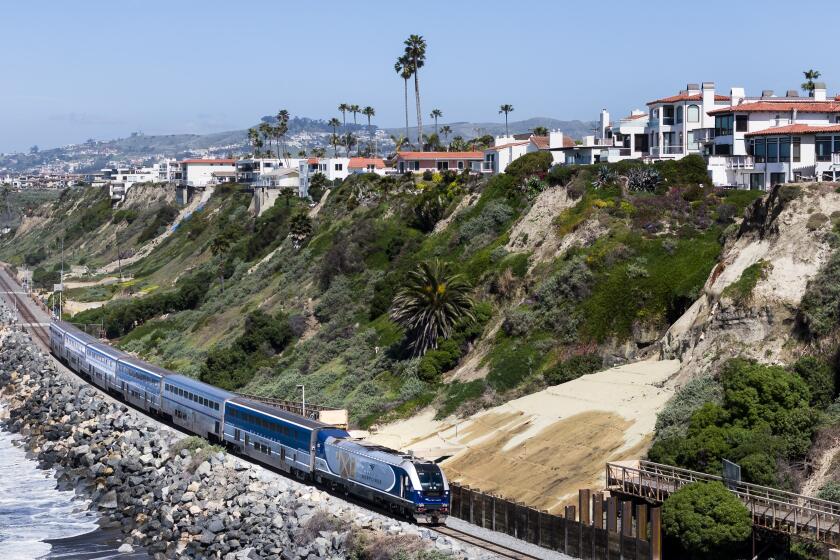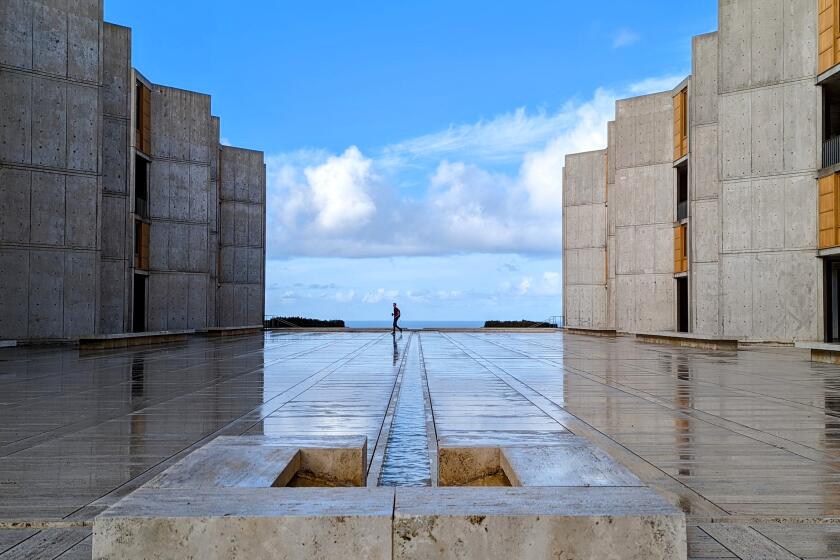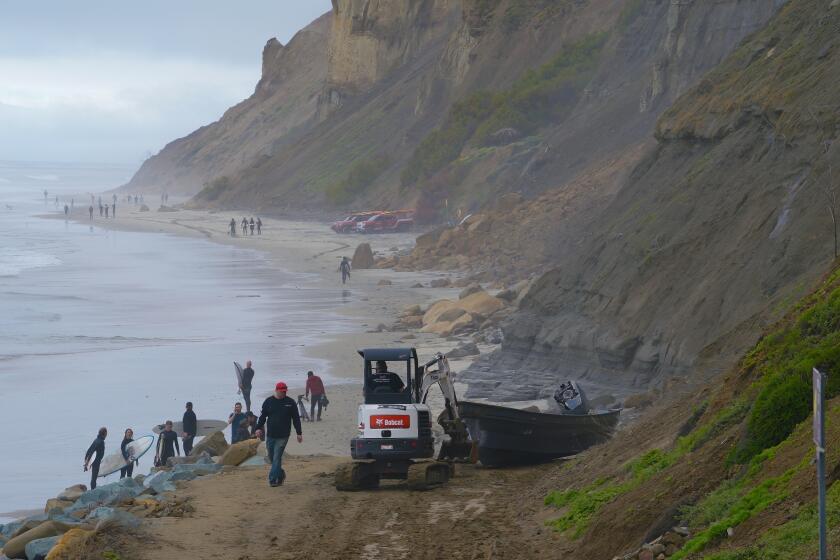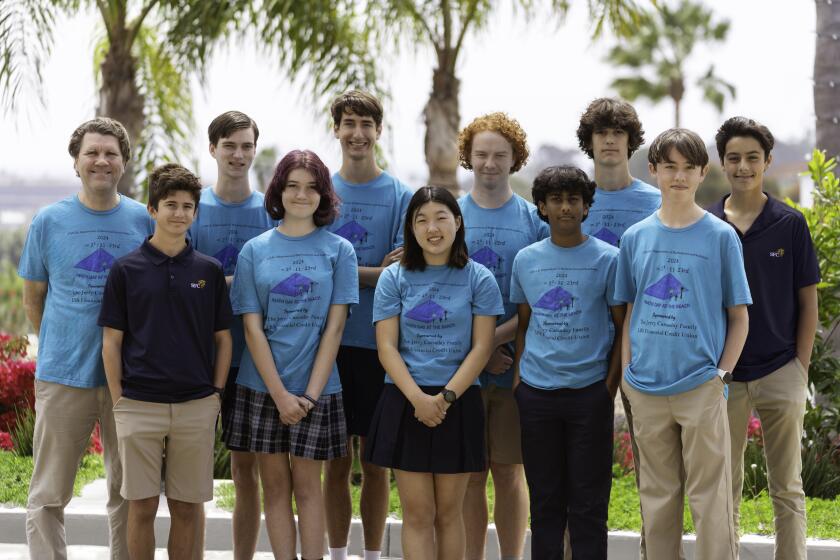Solana Beach council mulls Community Choice Aggregation program
Solana Beach has long been a sustainable leader in San Diego County, having been the first in the region to ban single-use plastic bags and polystyrene food containers. Now the city is looking to create the county’s first local power program and has been searching for a service provider to make that possible.
The city received proposals from three companies interested in helping Solana Beach create a Community Choice Aggregation program. Governed by state laws, CCAs allow cities, counties and other authorized entities to purchase or generate alternative energy supplies for residents and businesses within their jurisdiction while maintaining the existing power provider for transmission and distribution services.
“It is very complicated but we’re trying to work through it, and we’ve been working through it for quite some time,” Councilman Mike Nichols said after an update from staff about the proposed program at the Sept. 14 council meeting.
Solana Beach has discussed the issue for several years, with the concept initially brought to the council by residents about five years ago.
CCAs were first placed on the council’s work plan as an “unprioritized” environmental sustainability issue to study in 2012. The issue was elevated to a “priority” in the council’s work plan the following year.
Earlier this year a company conducted a technical study at no cost that indicated a CCA is a viable option for the city.
“The technical analysis that we had prepared demonstrates that it is feasible, regardless of the size (of the city),” City Manager Greg Wade said. “It’s not unusual for an energy load comparable to ours to use a CCA or direct access to purchase cleaner energy and reduced rates.”
There are a number of CCAs operating in California and other states.
There are currently four established CCAs in California, including Marin Clean Energy, which launched in 2010 and now covers Marin and Napa counties, as well as several cities within the counties. Sonoma Clean Power launched in 2014, and currently covers Sonoma County and several cities within the county. The city of Lancaster launched Lancaster Choice Energy last year, and the County and City of San Francisco launched Clear Power SF this year. Finally, San Mateo County is launching Peninsula Clean Energy in October.
Other jurisdictions are currently exploring CCAs and are in various stages of forming programs. It is estimated that more than 70 percent of the current energy load in California is in areas that either have an existing CCA program or are looking into establishing a CCA program, according to the city staff report.
According to the report, the goal of a CCA is to provide a higher percentage of renewable energy at competitive and potentially cheaper rates while giving customers local choices and promoting the development of renewable power sources.
Some residents who have been following the process said they support the current proposal.
“I would urge the council to move ahead with the CCA,” said Judy Hegenauer, who currently serves on the city’s Climate Action Commission. “We have been talking about it for years.”
“I’ve known about the possibility of a CCA for a while,” agreed resident Kelly Harless. “I don’t feel like this has been something that’s been kept secret from the public. It didn’t come out of a vacuum. There are a lot of people who have been interested in exploring the option of a CCA.”
“Choice generates competition, and competition helps to keep the costs down,” said Mary Yang, also a member of the Climate Action Commission. “I believe that it’s very good to have a choice in our energy providers.”
Still, others in the community have raised questions and concerns about the city’s plan to create a CCA program, which council members acknowledged.
“I think a lot of people are kind of shocked and do not know what’s coming,” Councilwoman Ginger Marshall said. “I think maybe the cart was put in front of the horse as far as the community outreach. I was kind of surprised that that hasn’t already started. It feels like we’re so far down the road.”
Marshall said some residents she has spoken with thought the city was replacing SDG&E as the energy provider. They also believe that if the city forms a CCA and they opt out, their rates would increase.
“There are a lot of unanswered questions,” said Marshall, noting that the technical analysis was conducted by a company who was trying to land a contract with the city.
“They had a financial interest in painting a rosy picture without any cons,” she added. “It would be nice to hear all sides.”
Wade clarified that customers will have the option to opt out before or after a CCA is launched. He also noted that the firm that conducted the free feasibility study is “no longer an entity” and did not submit a proposal to the city.
Still, Marshall said she remains a bit skeptical.
“If something sounds too good to be true it generally is,” she said. “I’ve heard nothing negative. There’s got to be some sort of risk.”
Resident Melissa Wilken agreed.
“I’m not against it. In fact, who would be?” Wilken said. “It fits in right with our city’s model. … But after doing my own research online … it’s almost impossible to get straight answers.”
She asked the council to outreach to the community before making a decision.
“I just implore you to please take your time, please engage us as a community and let us be involved in this,” she said.
In June, Solana Beach became the first city in the county to formally seek a service provider to form a CCA when it solicited a request for proposals.
The city received three bids from 3 Phases Renewables; prime contractor Pilot Power Group Inc. and sub-contractor EDMS; and prime contractor The Energy Authority and sub-contractor Noble Energy Solutions.
If the city launches a CCA program, city staff explained that SDG&E would continue to provide transmission, maintenance and billing services. A recent court decision, however, is allowing the company to form an independent marketing division to publicly oppose CCAs.
“Therefore, it may be prudent to get a consultant on board soon to begin the outreach activities,” Assistant City Manager Dan King said.
The city internally reviewed the three proposals. King said an independent group of experts will also review the proposals before city staff returns to council with a recommendation.
The selected consultant would help develop, finance, launch and operate a power system without impacting or risking any city funds, according to the request for proposals. Still, Mayor David Zito said the council will not make an immediate decision.
“This is a complicated topic and we do need to take our time going through it,” Zito said. “We’re likely talking about nine to 12 months, which I think is a pretty good amount of time with a lot of opportunity to have review and input in the interim.”
Get the Del Mar Times in your inbox
Top stories from Carmel Valley, Del Mar and Solana Beach every Friday for free.
You may occasionally receive promotional content from the Del Mar Times.





